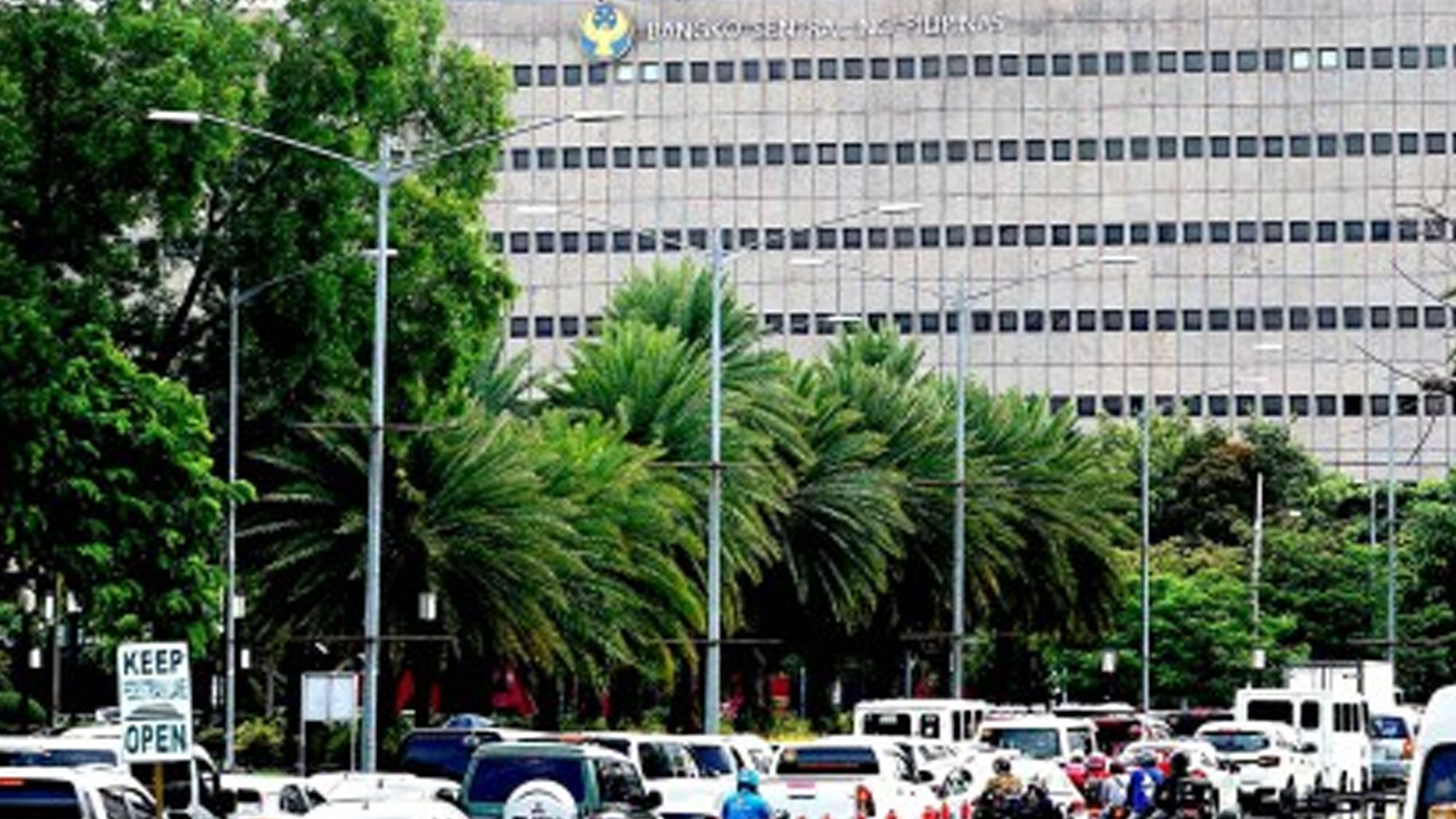The Bangko Sentral ng Pilipinas (BSP) said the country’s overall balance of payments (BOP) is projected to post a higher surplus for this year but will likely revert to a deficit in 2025.
In a virtual briefing on Friday, BSP Department of Economic Research Director Sittie Hannisha Butocan said the overall BOP position for this year is expected to settle at USD700 million, higher than the earlier estimate of USD400 million.
“This development is driven mainly by the estimated narrower current account gap for the year and modest inflows of non-resident investments. The lower current account deficit amounting to USD6.1 billion largely reflects the downward revision of both goods imports and exports growth forecast relative to the previous forecast round,” Butocan said.
The projection for the growth of exports of goods was revised downward to 3 percent from the earlier 5 percent, while the forecast for imports growth was likewise slashed to 4 percent from 7 percent.
Butocan said the lower growth projection for exports is already factored in the latest insights by major export industry associations.
“These include, in particular, the semiconductors and electronics industries, which project a flat growth in electronics exports for 2024. We note that electronics exports account for 60 percent of total Philippine exports,” she said.
Butocan said the lower current account deficit also considers the waning pent up demand and the impact of the monetary policy tightening on overall economic activity.
“The narrower current account gap is also on account of the positive prospects for business process outsourcing revenues, travel receipts, and overseas Filipino remittances as demand for high-contact services continue to rebound,” she added.
Foreign direct investments as well as foreign portfolio investments, meanwhile, are projected to register moderate net gains, supported by the government’s thrust to fully implement key amendatory laws that eased rules on foreign investor participation in key industries as well as its plan to keep infrastructure spending at above 5 percent of gross domestic product (GDP).
For 2025, the BSP expects the overall BOP position to reverse to a deficit of USD500 million, attributed to the foreseen widening of the trade-in-goods gap and further reduction in the projected financial account inflows.
The larger shortfall in goods trade is primarily due to the faster increase in goods imports due to the strong growth in public infrastructure investments.
“Given that merchandise trade is about a little over twice the level of services trade, the estimated sustained positive performance of both travel and BPO (business process outsourcing) sectors, managed to only partially offset the trade-in-goods deficit,” Butocan said.
“Meanwhile, capital inflows are expected to moderate further in 2025 on the back of more subdued inflows of non-resident investments, as next year will be a transition year for many major economies, particularly the US and the UK, with their conduct of elections in the latter part of this year,” she added. (PNA)







